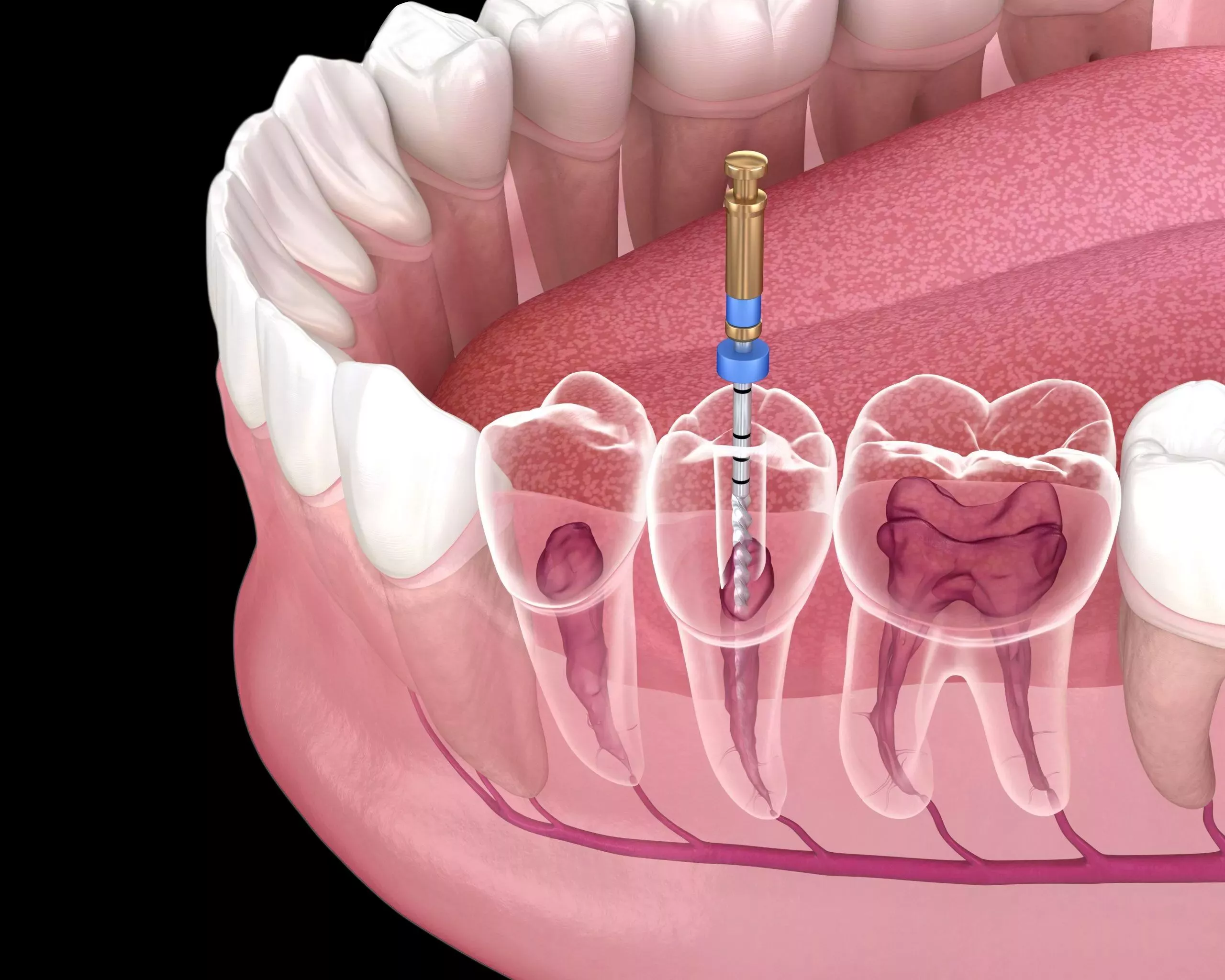Gingivitis is a common oral health issue that affects many people, but it is often preventable
with proper dental care and hygiene. This condition is characterized by inflammation and
bleeding of the gums, and if left untreated, it can lead to more serious problems, such as
periodontitis.
What is Gingivitis?
Gingivitis is a mild form of gum disease that is caused by the buildup of plaque and bacteria on the teeth and gums. The plaque produces toxins that irritate the gums, causing them to become red, swollen, and bleed easily. The early stage of gum disease is called gingivitis, and it is often painless, so many people are unaware that they have it.
Symptoms of Gingivitis:
The most common symptoms of gingivitis include red, swollen gums that bleed when brushing or flossing, bad breath, and a metallic taste in the mouth. If you experience any of these symptoms, it is important to visit your dentist as soon as possible for an evaluation.
Causes of Gingivitis:
The main cause of gingivitis is plaque buildup on the teeth and gums, but other factors can contribute to the condition, such as poor oral hygiene, smoking, stress, hormonal changes, and certain medical conditions.

Prevention of Gingivitis:
The good news is that gingivitis is preventable with proper dental care and hygiene. Here are
some tips to help prevent gingivitis:
1. Brush your teeth twice a day with a fluoride toothpaste
2. Floss daily to remove plaque and food particles from between your teeth and along the gum
line
3. Use an antiseptic mouthwash to kill bacteria and freshen your breath
4. Visit your dentist regularly for cleanings and checkups
5. Quit smoking and limit alcohol consumption
6. Eat a healthy diet that is low in sugar and high in fiber.












